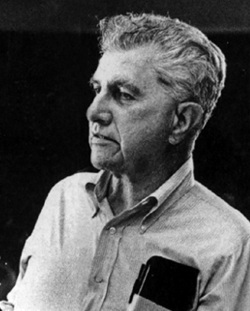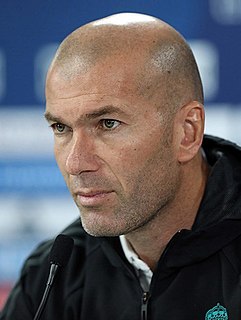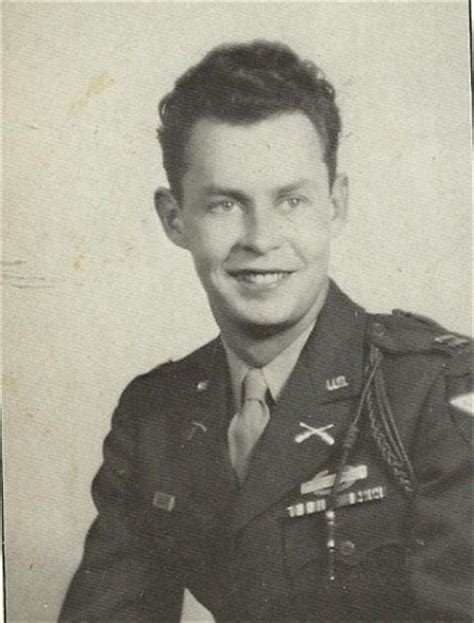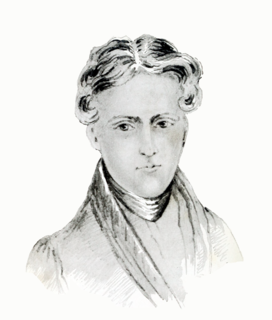A Quote by Sophocles
A wise player ought to accept his throws and score them, not bewail his luck.
Related Quotes
What is it to be a gentleman? Is it to be honest, to be gentle, to be generous, to be brave, to be wise, and, possessing all these qualities, to exercise them in the most graceful outward manner? Ought a gentleman to be a loyal son, a true husband, an honest father? Ought his life to be decent, his bills to be paid, his taste to be high and elegant, his aims in life lofty and noble?
Once in his life, a man ought to concentrate his mind upon the remembered earth, I believe. He ought to give himself up to a particular landscape in his experience, to look at it from as many angles as he can, to wonder about it, to dwell upon it. He ought to imagine that he touches it with his hands at every season and listens to the sounds that are made upon it. He ought to imagine the creatures there and all the faintest motions of the wind. He ought to recollect the glare of noon and all the colors of the dawn and dusk.
For one who feels compelled, as I do, to accept the existence of the Master Architect, it is important to examine his handiwork for the light it throws on him and on his program for his children. For me, there has been no serious difficulty in reconciling the principles of true science with the principles of true religion.
In his book Stand Ye In Holy Places, President Harold B. Lee wrote that one is converted when his eyes see what he ought to see, his ears hear what he ought to hear and his heart understands what he ought to understand. "And what he ought to see, hear and understand is truth-eternal truth-and then practice it. That is conversion," he wrote.
Ronaldinho is total class - a very, very great player. He is quick, powerful, and has extraordinary technical qualities. He is a dribbler but is also a player who can make the play for his teammates. He's not really a No.10, a true organizer. He's more a second attacker who can score goals and has the vision to make them.
The doctors take the bodily evidence as the disease. . . . disease is itself an impudent opinion. He throws off the feelings of the sick and imparts to them his own which are perfect health, and his explanation destroys their feelings or disease. . . . He is like a captain who knows his business and feels confident in a storm, and his confidence sustains the crew and ship when both would be lost if the captain should give way to his fears.
These books have not made George nobler or better or more truly wise. It is just that he likes listening to their voices, the one or the other, acording to his mood. He misuses them quite ruthlessly - despite the respectful way he has to talk about them in public - to put him to bed, to take his mind off the hands of the clock, to relax the nagging of his pyloric spasm, to gossip him out of his melancholy, to trigger the conditioned reflexes of his colon.





































